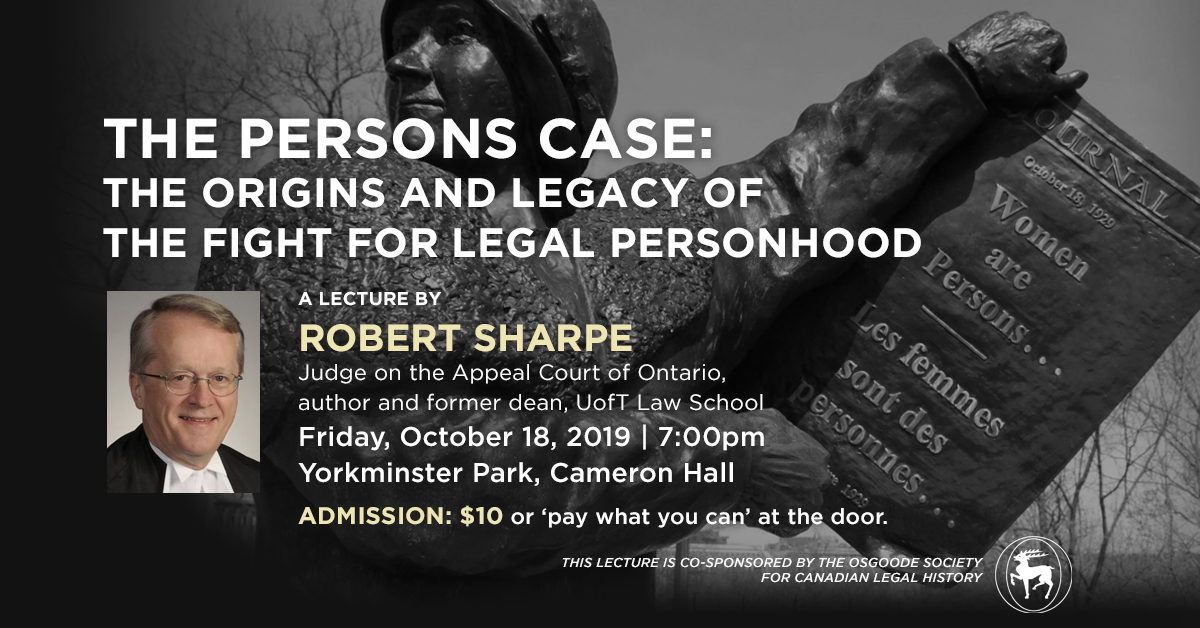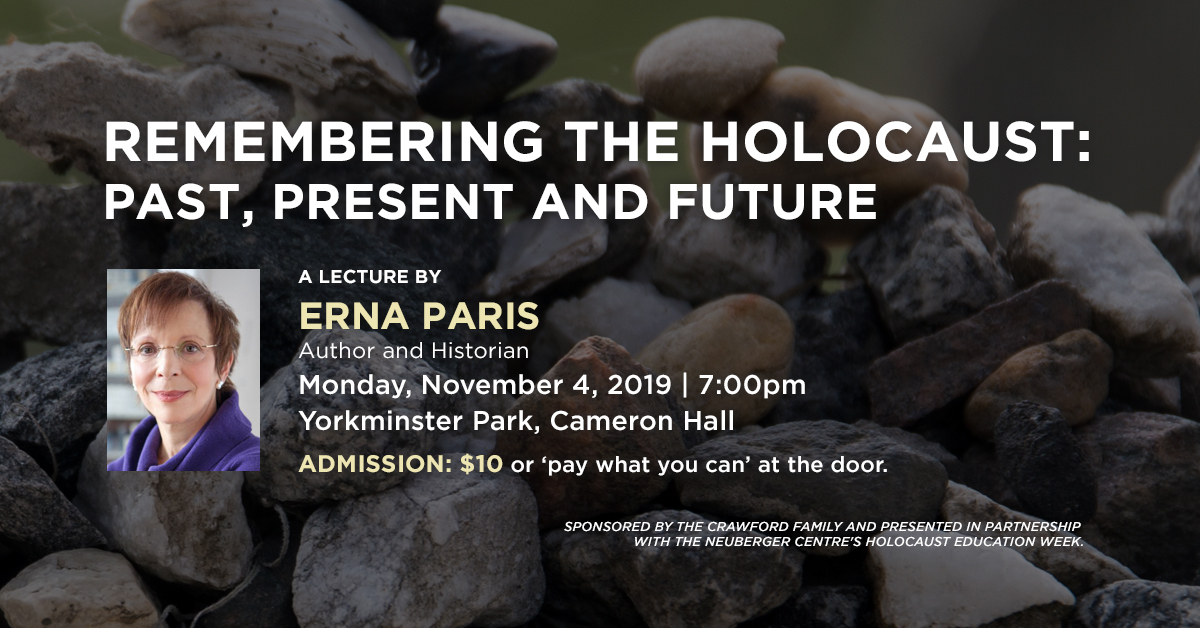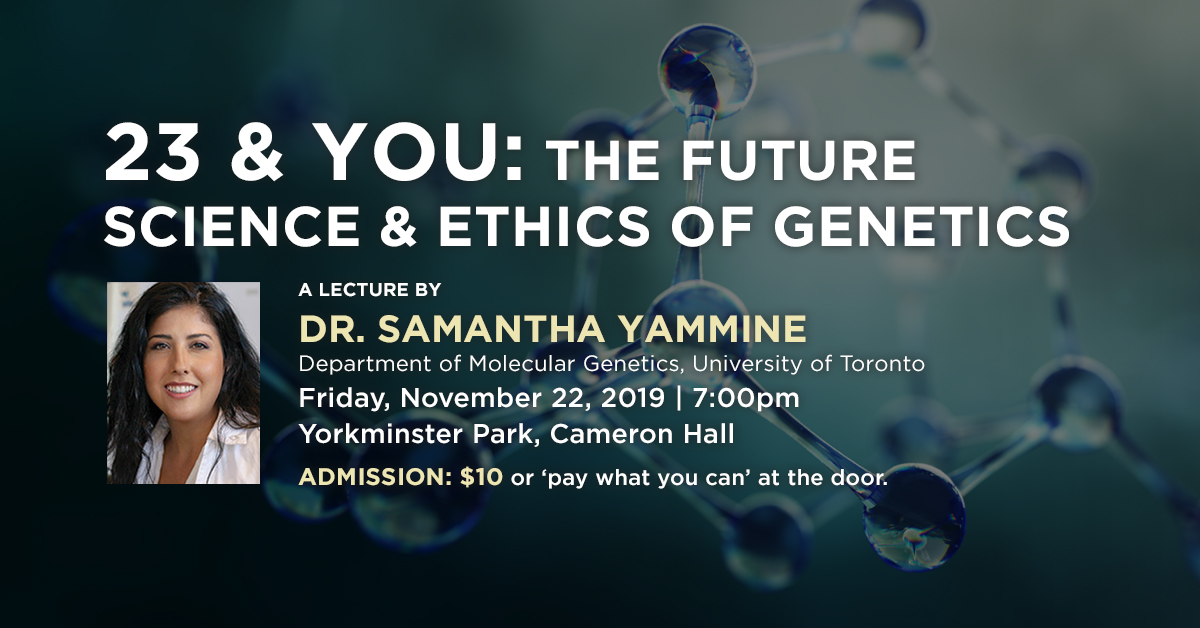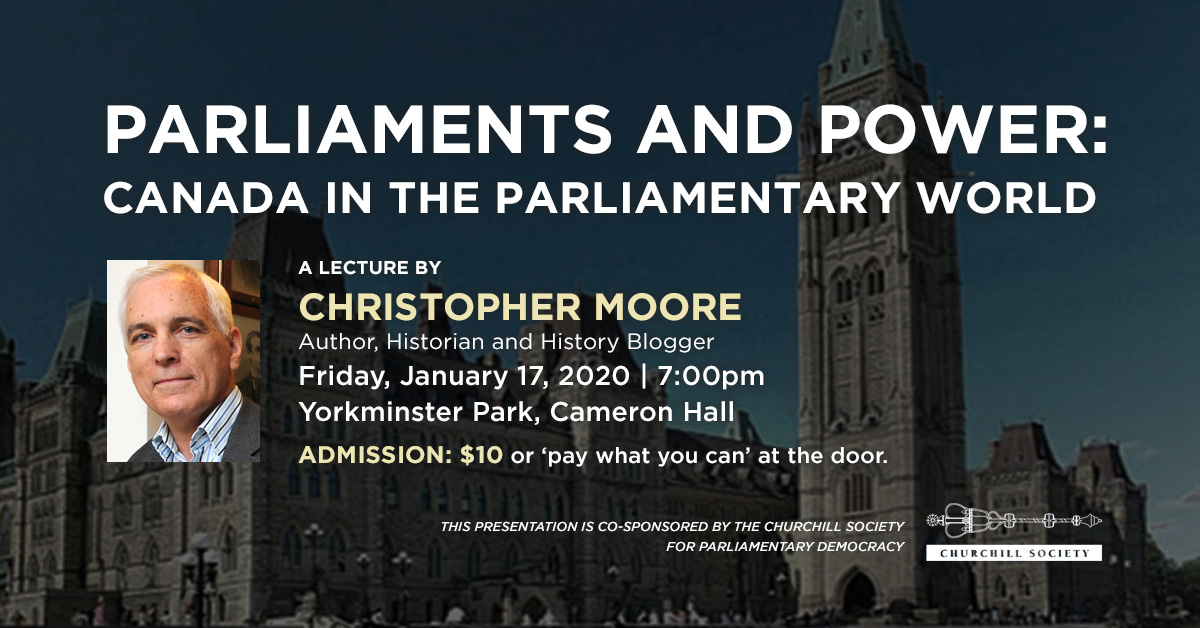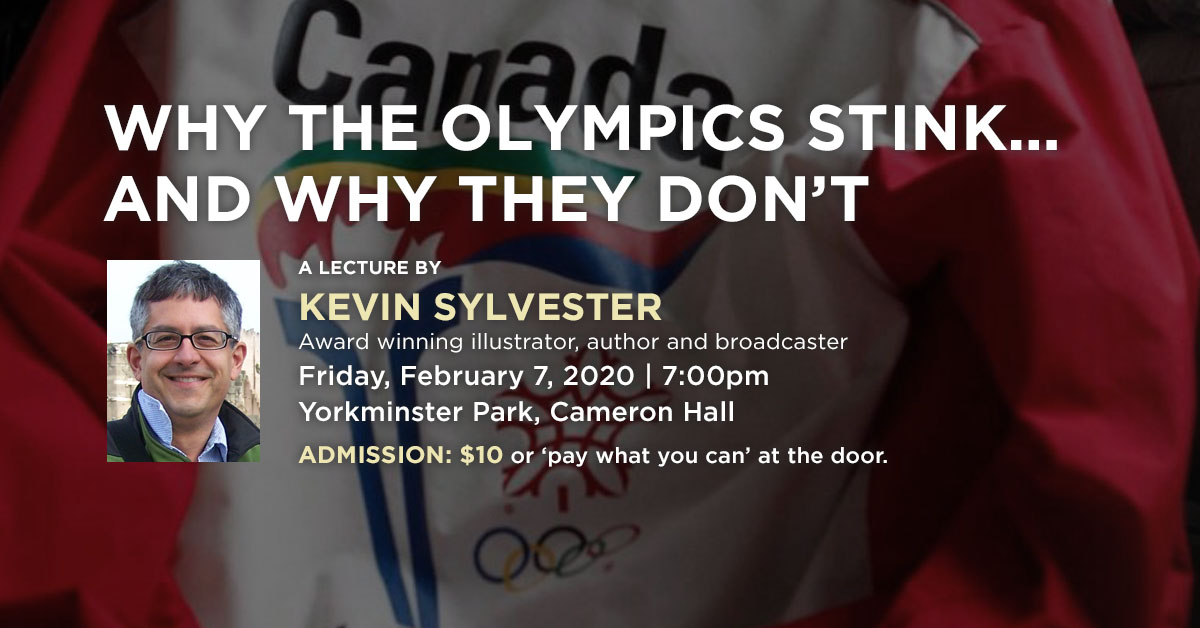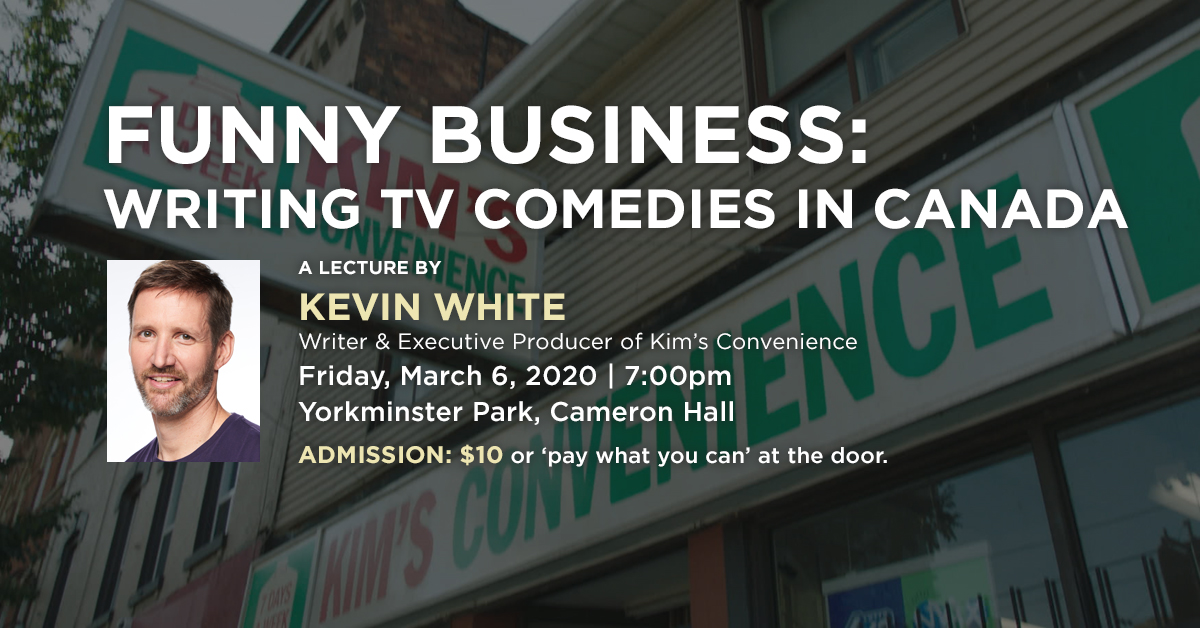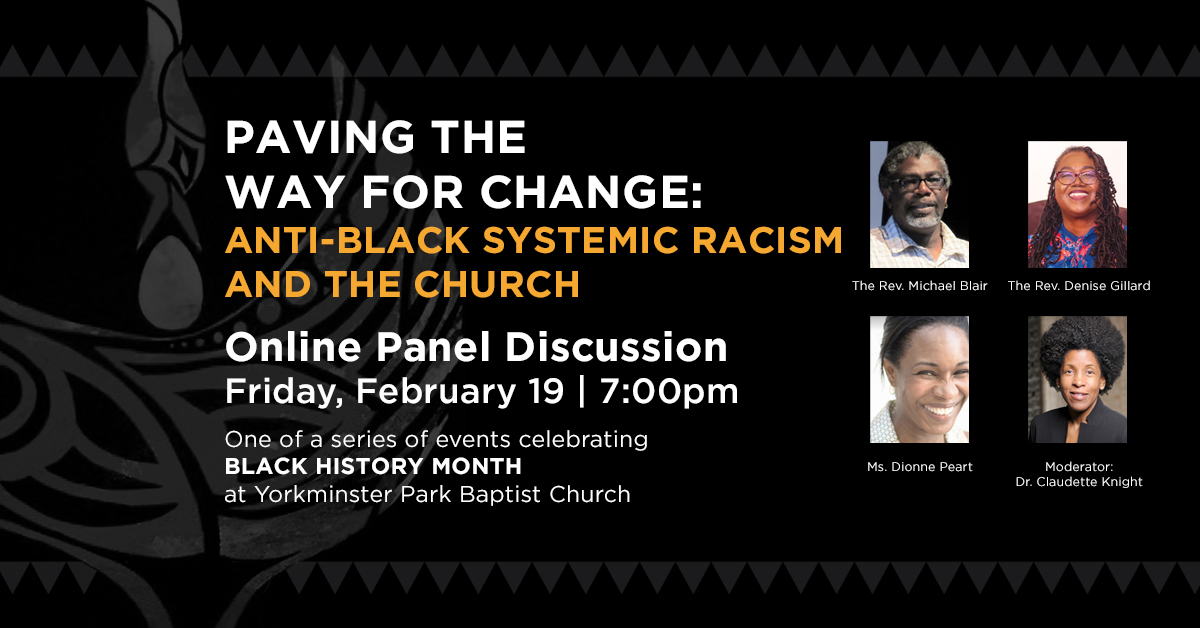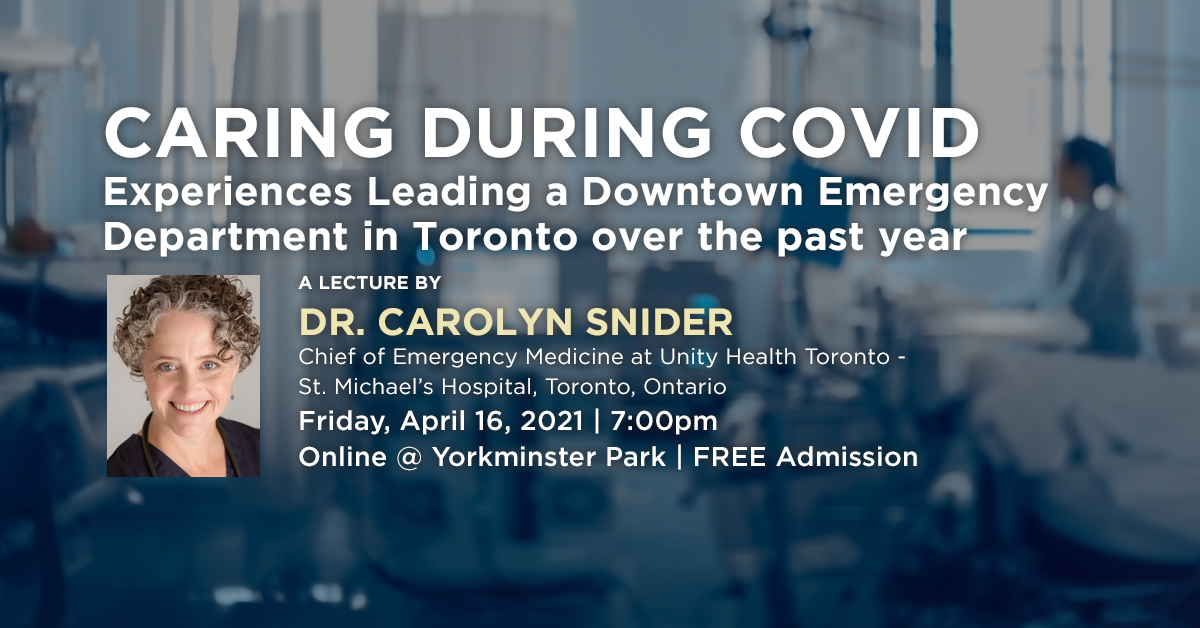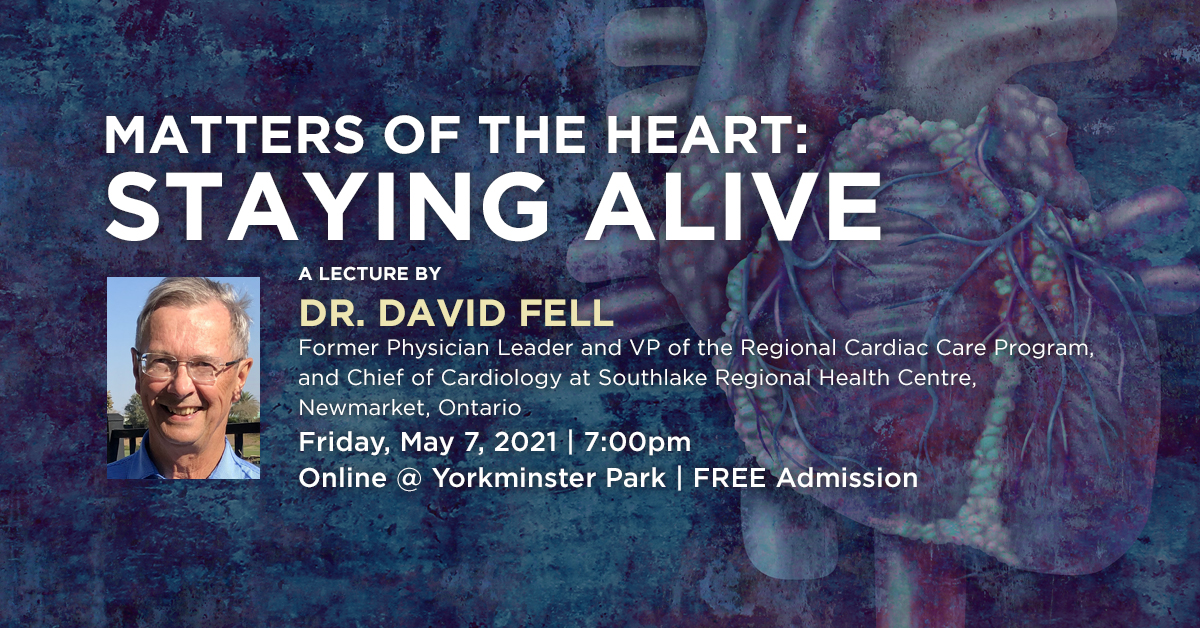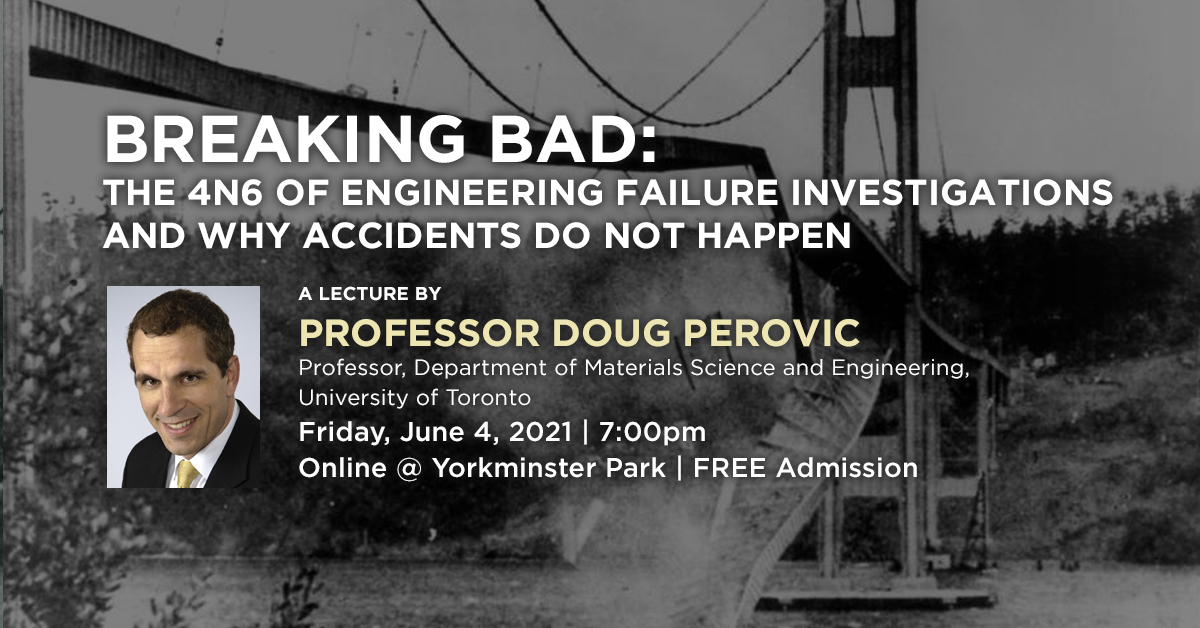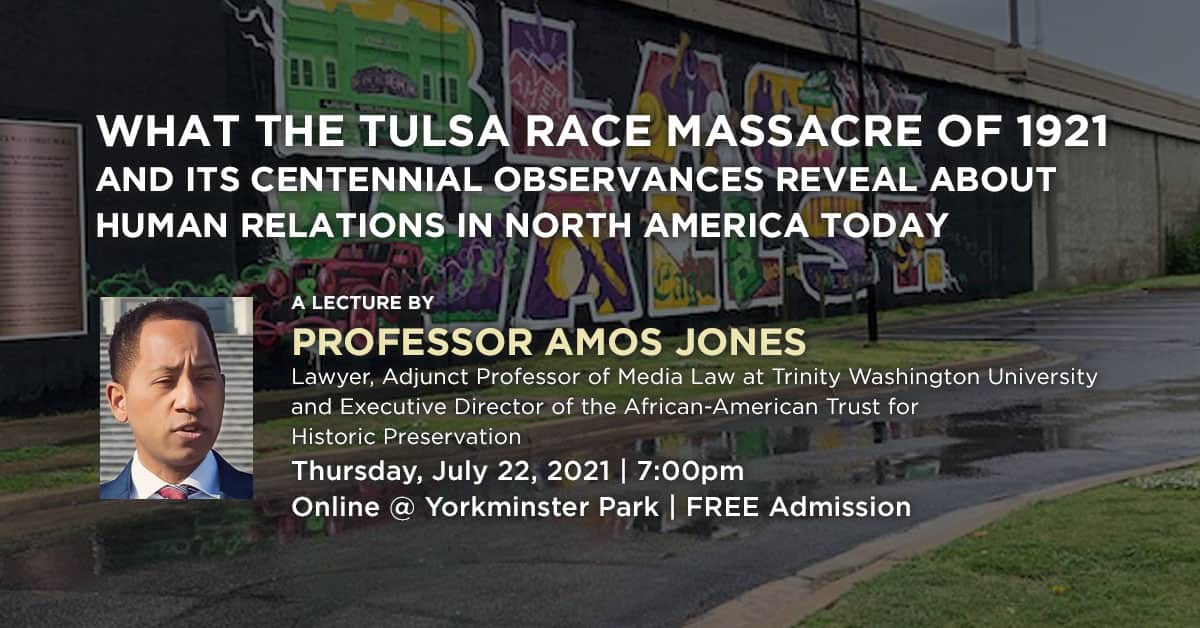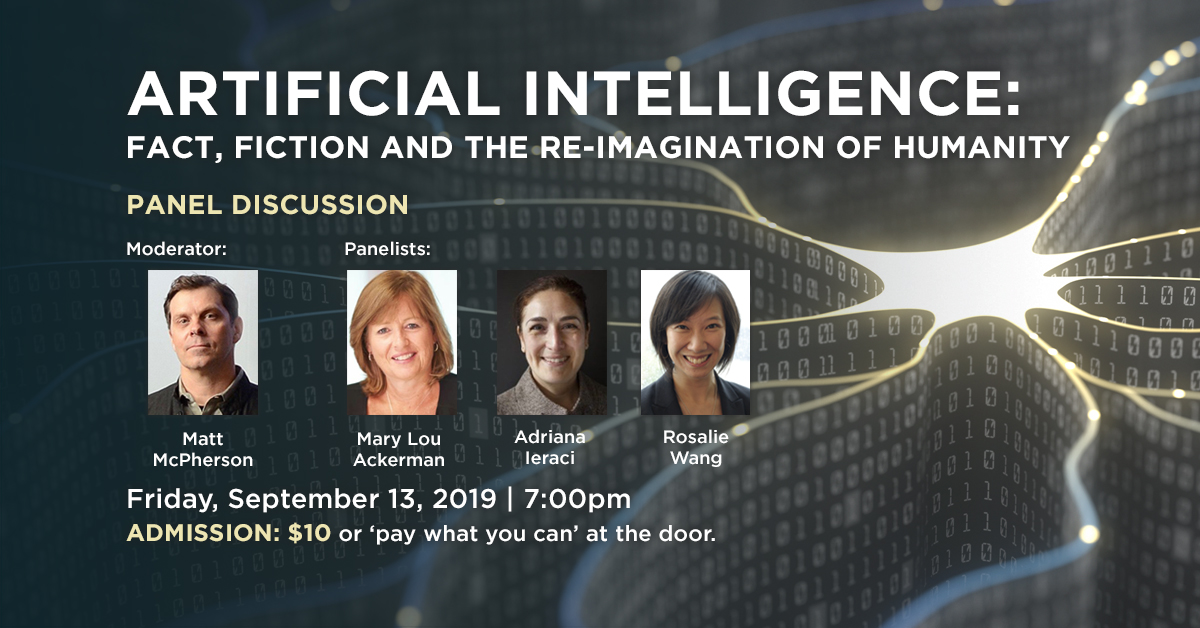
Artificial Intelligence: Fact, Fiction and the Re-imagination of Humanity
Cameron Hall 1585 Yonge Street, TorontoThe term Artificial Intelligence (AI) has been in use since the 1950s, referring to the ability of machines to simulate or augment human intelligence. Notions of AI have long since captured our collective imagination in science fiction. From 2001: A Space Odyssey's Hal 9000 (the original Siri/Google Home/Alexa) to the sentient humanoids of Blade Runner and Star Trek, we have developed utopic, dystopic and fantastical notions of AI's potential. But how does AI work in the real world and how does it differ from that of science fiction lore? You might be surprised at just how many ways you interact with AI each and every day. In the coming years, new developments in AI will continue to change the way we all live, work and play. Please join our panel for an engaging discussion on Artificial Intelligence and its broad-reaching impact on the future of humanity.


